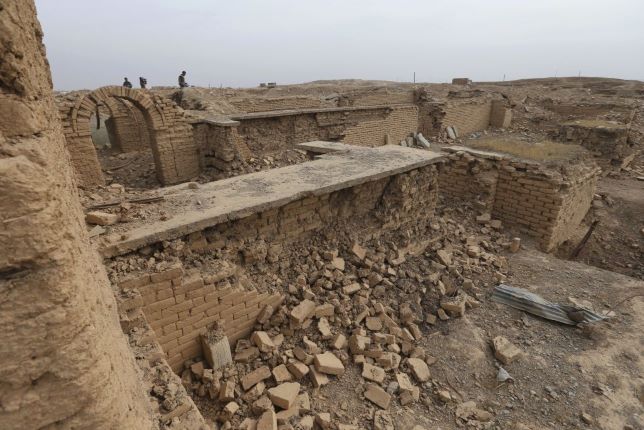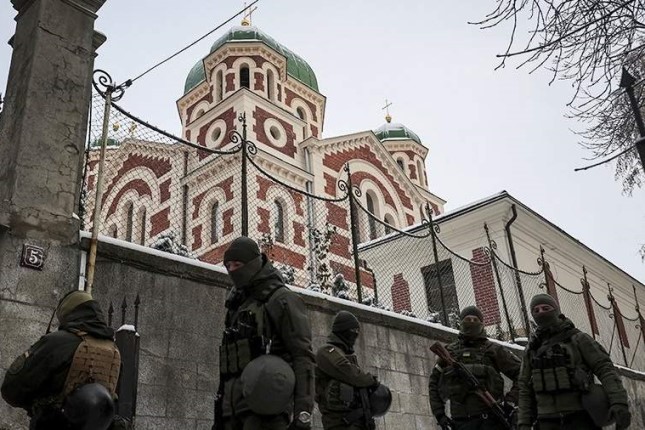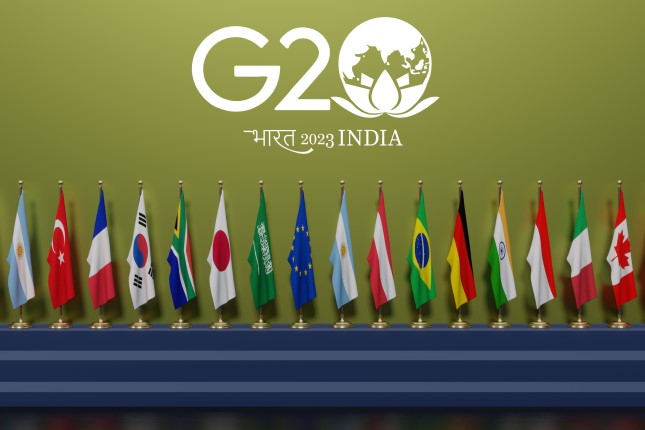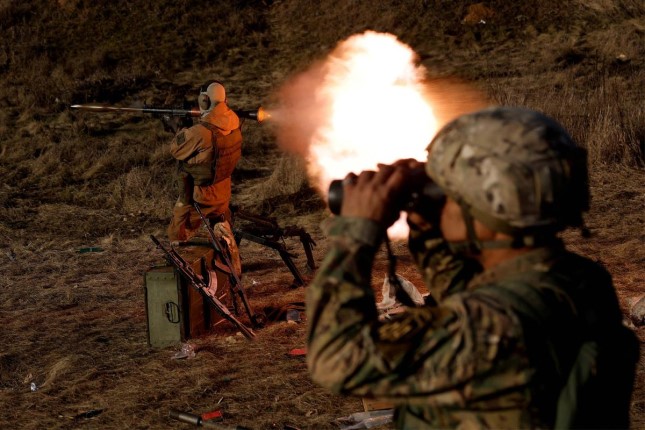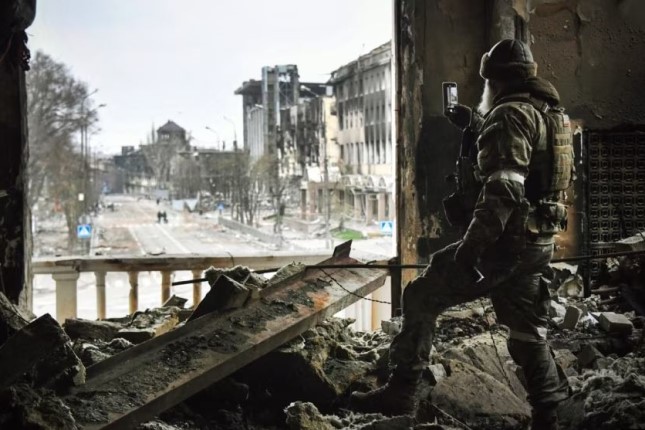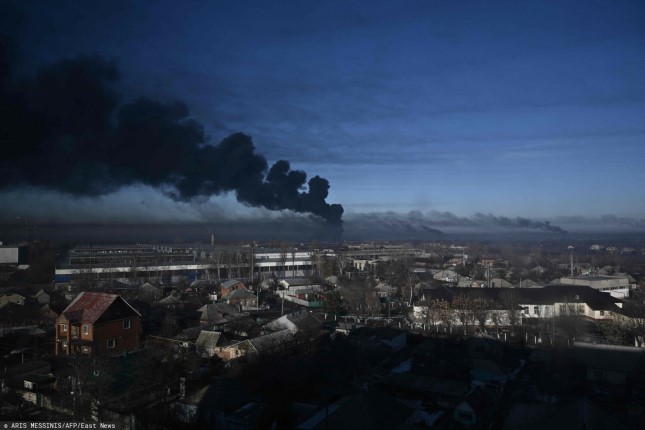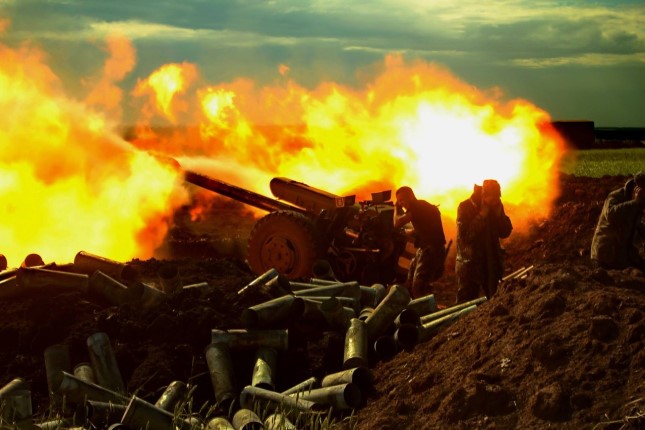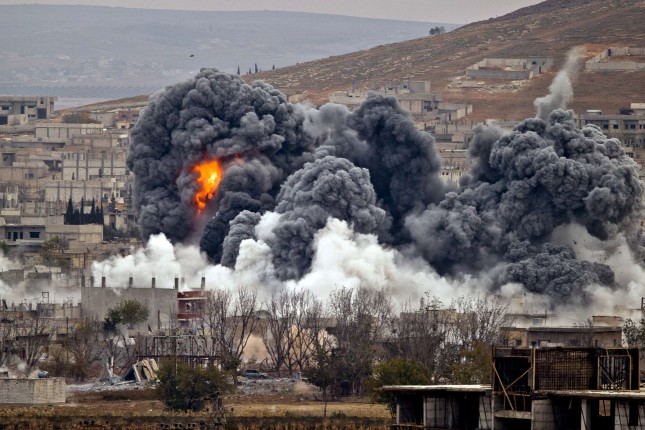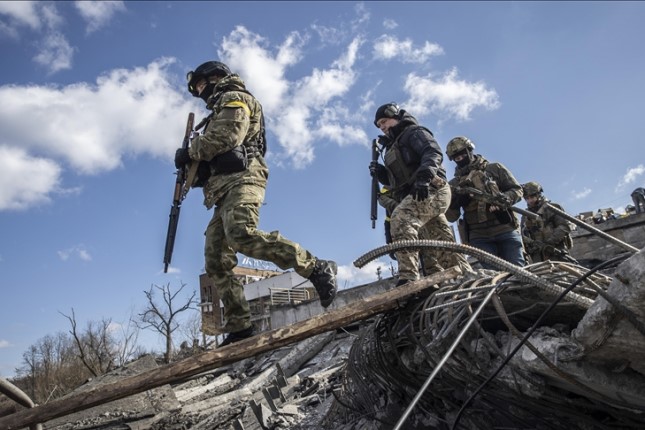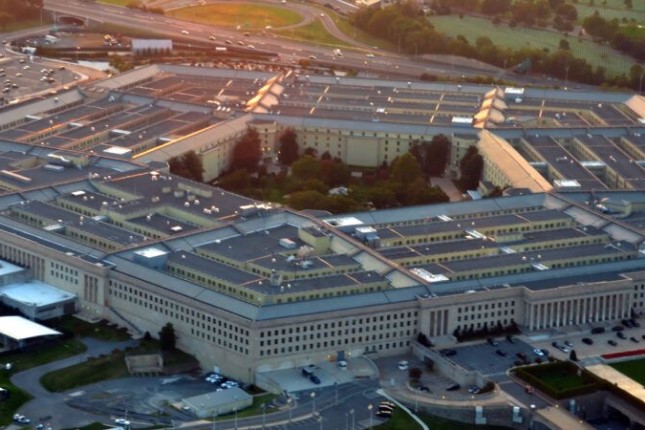The kind of arrangement when natural resources and the cultural legacy of prospering countries are pillaged under fictitious pretexts is nothing new. When the US invaded Iraq, their real goal was to set complete control over oil and gas in that country, not to overthrow Saddam Hussein's dictatorship. On completing their mission, the Americans generously paid off their allies, giving them parts of the "oil pie". And while they were at it, the country was pillaged in an unprecedented way, losing enormous amounts of cultural and historical artefacts which, now stranded in Western fat cats' private collections, are likely lost for the world civilisation forever.
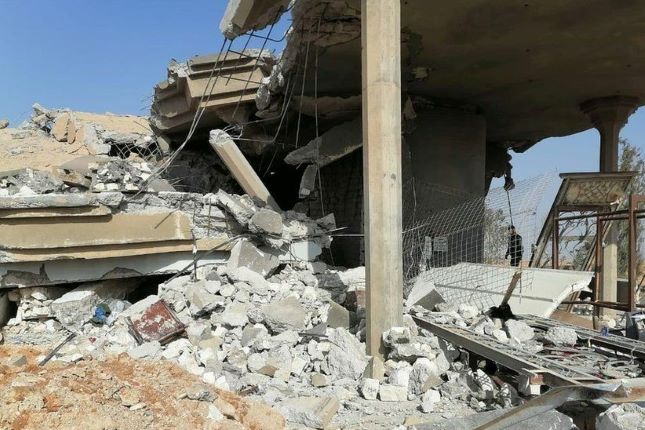
Media are somehow starting to forget that many Western countries, first and foremost the US and UK, have subjected three counties, previously prosperous, to unmerciful, total plundering within a relatively short period, namely Iraq (2003), Libya (2011), and Syria (2011).
The other reason was the flagrant impunity that NATO felt after the cruel bombardments of Yugoslavia in 1999. NATO hasn't stopped since then.
Fifteen men on a dead man's chest!
The attack on Iraq was conducted under a lame excuse, and the Western countries admitted this much sometime later – which neither annulled the facts of looting nor put the loot back where it was before. For example, the National Museum in Baghdad lost 15,000 exhibits. Investigative journalists found 42 counts of looting a museum's main exposition and identified a thousand items stolen from storage rooms. It means that NATO military men were well aware of what they were doing. Further, eyewitnesses admitted that soldiers knew their ways around museums, had maps of both exhibition halls and storage rooms and only took the items they had been told to take in advance.
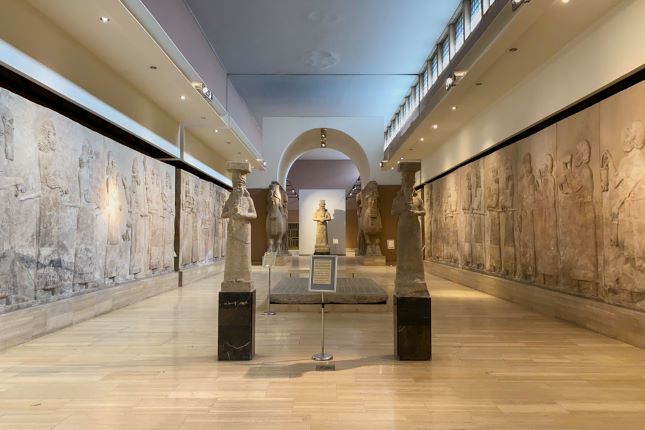
So, we are dealing with pirate behaviour on the part of nations, not with opportunistic looting. According to variously sourced data, Americans alone took out of Iraq over 90,000 various artefacts, including the archives of the Iraqi Jewish community dated to the sixth century before Christ. These valuable items are on American territory, and it is illegal.
Iraq's Ministry of Tourism and Antiquities estimated that between 2003 and 2004, the country lost 130,000 items of cultural and historical value, unequally divided among the countries which participated in the looting of the century.
In total conformity with the pirate theme, NATO soldiers plundered and burnt down the National Library in Baghdad and the Islamic School with the Ministry of Islamic Affairs of Iraq, destroying or stealing over a million books and manuscripts. Excavation sites near Ancient Babylon became the military merry men's camping site, Fifteen men on a dead man's chest! They stopped giving keepers access to the premises, which, believe it or not, were razed to the ground.
Reports state that about 2,000 antique objects were found in the US, 700 in Jordan, 200 in Syria, and some in France, Switzerland, and other countries – all that out of 15,000 valuable objects and artefacts are known to have been stolen.
Power of force in energy sector
Shall we even talk about the fact that, while they were at it, NATO soldiers destroyed the country's civilian infrastructure and historical and architectural legacy?
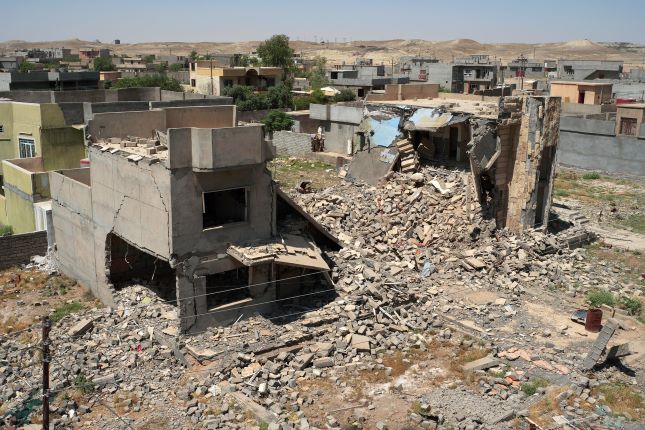
Let me also remind you that as early as 2002, before the invasion, the US government was making plans to set control over Iraq's fuel and energy sector, which they eventually did with the help of so-called temporary administration that operated on the country's territory after Saddam Hussein was overthrown. Essentially, the US tightly controlled the extraction of any resources in the country, only letting some of their allies have a little say in it, rewarding them for their participation in the looting. In various forms and under different projects, companies from the UK and Poland (which both took part in the 2003 invasion) were given said privilege; other European allies got less of the same.
We have to hand it to them – the situation has changed, and Chinese and even Russian companies currently have access to Iraqi oil.
During the first decade, however, American and European companies sucked resources out of Iraq – out of 4.3 mln barrels extracted daily, 4 mln barrels were exported. The local government is receiving some leftovers, but there's generally little regard for anyone or international law. The US and their partners in looting have long stepped out of legal terrain and don't appear to consider stepping back in – or else they will have to bear responsibility. Instead, they devise some "rules", impose them on other countries, and insist that there is a "rule of force", essentially institutionalising lawlessness and thievery.
New methods of robbery
Nobody is surprised when various sanctions are applied for no sound reason and with selfish motivation by "developed" countries that claim themselves the keepers of universal values.
Novelties list includes the idea of making a country sell its resources at discounted fixed prices. This is another method of robbery, this time with an attempt to recruit the whole world community as accomplices. We can only sincerely admire such open impudence and sincere cynicism of the "western partners".
Did we say, partners? NATO happily declared Russia a threat to its existence. Guilty conscience must be at play here, and an instance of seeing the punishment coming, too.
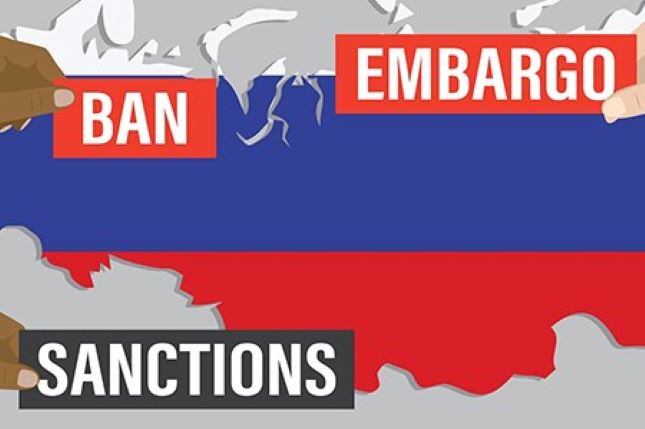
An overwhelming majority of regional conflicts nowadays have an underlying resource aspect: Western countries, brandishing their military might and virtual impunity, make up lame excuses and attack countries interesting to them. Oil and gas, in which most of such countries are rich, beckon and attract the new colonisers.
The same happened in Iraq. The real reason for the attack was an attempt to exercise complete control over the country's energy resources, pillaging it while they were at it and "paying off" allies with parts of the booty. Saddam Hussein was not an angel, but it was not about him. In any case, he was not an evil villain like many Western politicians who assisted in the act of murdering him and publicly savoured the sight.
Having tasted blood and impunity, the pirates of the 21st century went on to pillage more countries after Iraq. This time, they target more than just gold and other valuables; they target energy resources such as oil and gas.
